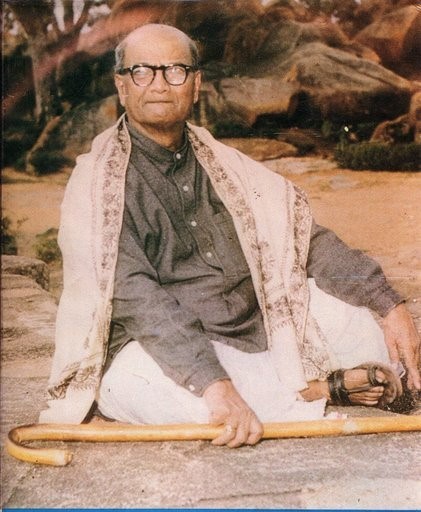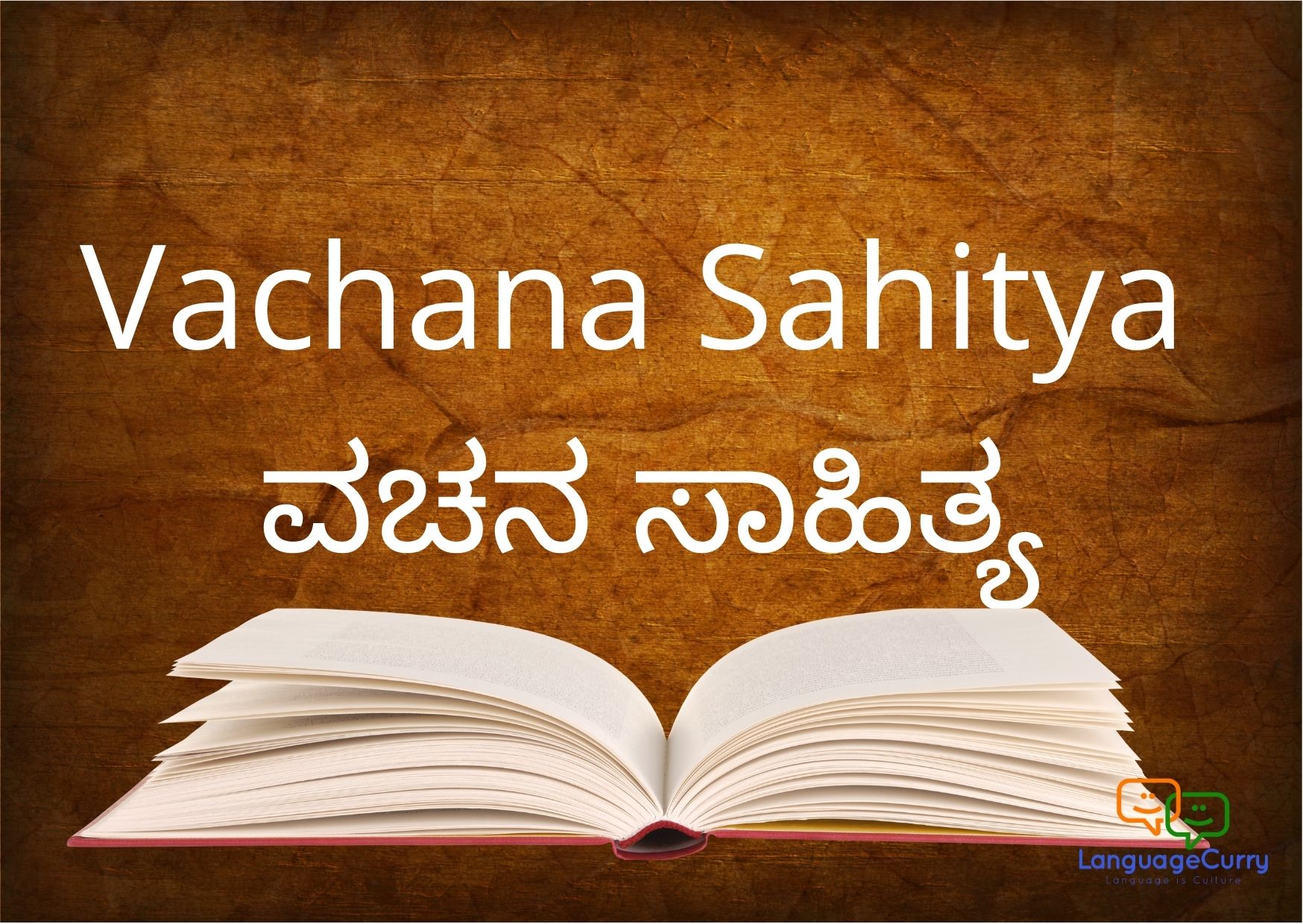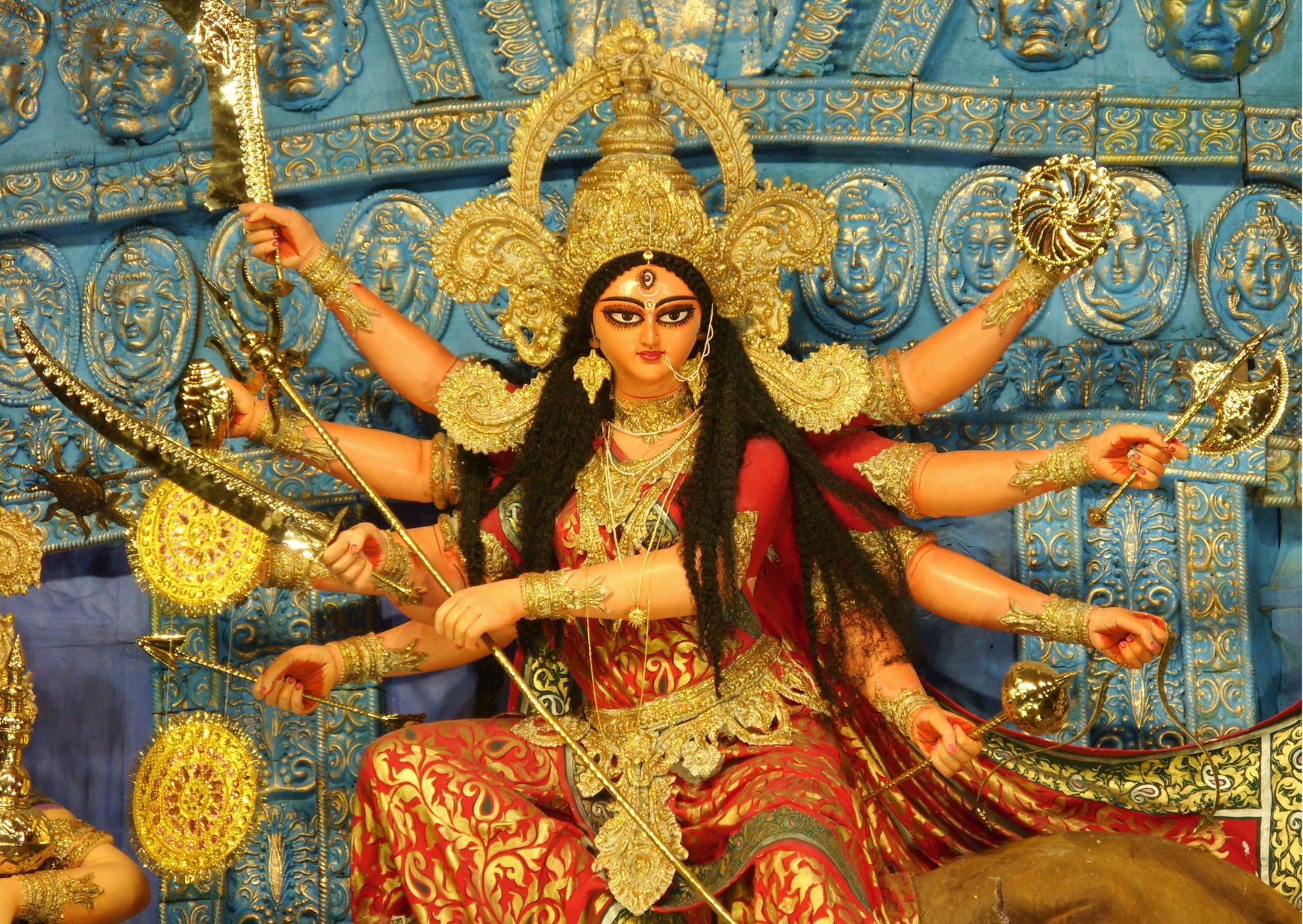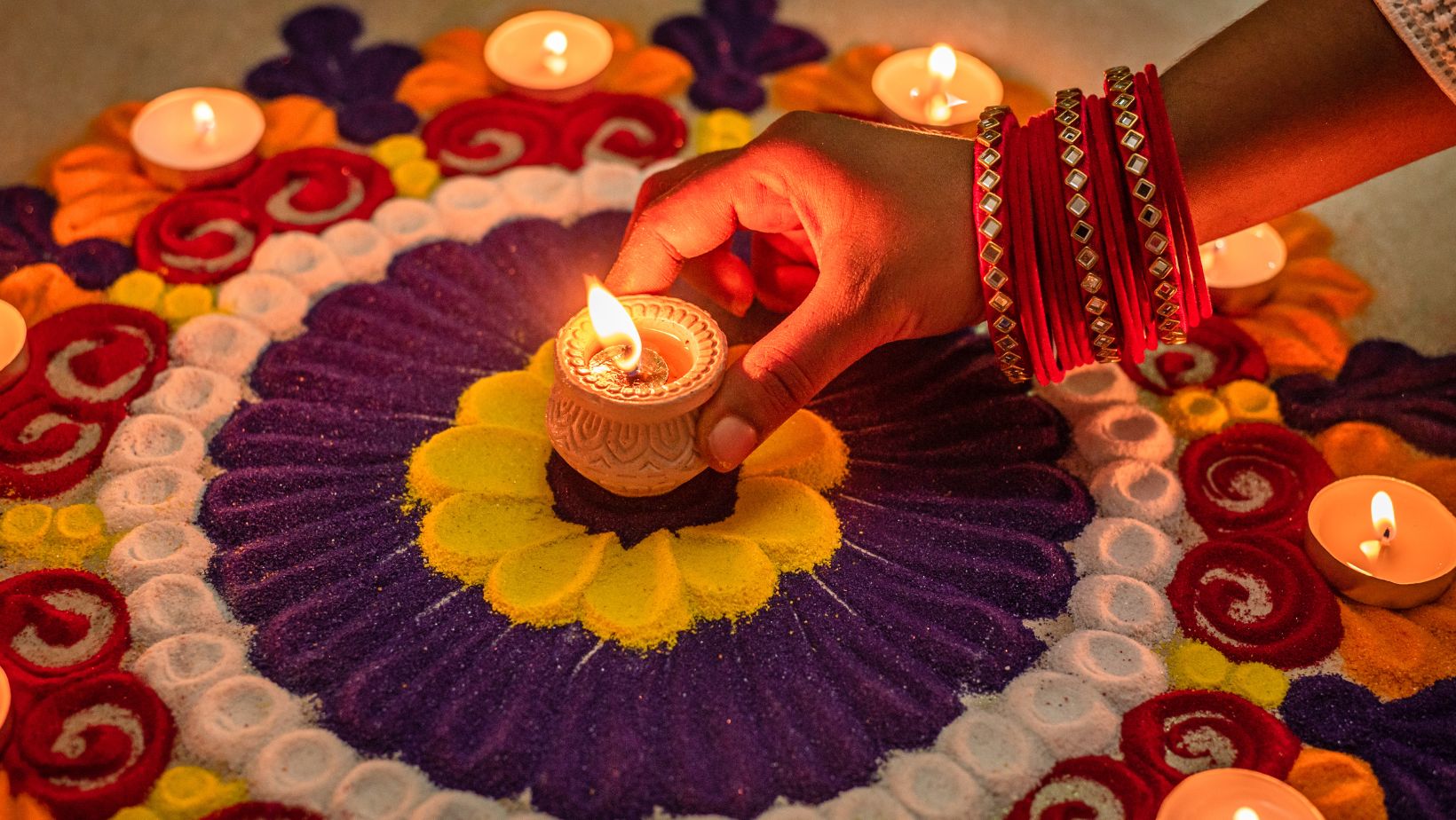Vachana Sahitya ವಚನ ಸಾಹಿತ್ಯ: Exploring the rich literature of Kannada
Vacana-s consisted of words of wisdom and knowledge refined from the Vedas and the Upanishads suitably narrated in a language that could be easily understood by the common people.
Vachana Sahitya ವಚನ ಸಾಹಿತ್ಯ
Vacana (ವಚನ) literature is perhaps unique to the Kannada-speaking regions of India. The style of this literature is poetic and at the same time prose that is written in a language that is easy to grasp and relate to. This style evolved in the 11th century and flourished in the 12th century. Patrons of this style were the Shaivite proponents as part of the Sharana (ಶರಣ) / bhakti movement prevalent in the region during the same period. Some 800 people, identified as sharana-s, are known to have contributed to the rich collection of poetry. Madara Chennaiah (ಮಾದರ ಚೆನ್ನಯ್ಯ) is said to be the father of this style, who was a cobbler by occupation.
Vacana-s consisted of words of wisdom and knowledge refined from the Vedas and the Upanishads suitably narrated in a language that could be easily understood by the common people. This literature also went on to be used in the day-to-day songs by the womenfolk and folk songs of the period were imbued with couplets from this vast repertoire of vacana literature.
Basavanna (ಬಸವಣ್ಣ)
%20kannada%20literature.jpg)
Basaveshwara (ಬಸವೇಶ್ವರ), colloquially known as Basavanna (ಬಸವಣ್ಣ), was a 12th-century statesman, philosopher, poet during the reign of Kalyani Chalukya-s (ಕಲ್ಯಾಣಿ ಚಾಳುಕ್ಯ). He was the Chief Minister of the Kalachuri Dynasty (ಕಲಚೂರಿ ಸಾಮ್ರಾಜ್ಯ) king Bijjala II (ಇಮ್ಮಡಿ ಬಿಜ್ಜಳ), a vassal to the Chalukya king Vikramaditya VI. Basavanna is known to be the founder of Lingayatism (ಲಿಂಗಾಯತ). As the chief minister of his kingdom, he introduced new public institutions such as the Anubhava Mantapa (ಅನುಭವ ಮಂಟಪ) or the "hall of spiritual experience", which welcomed men and women from all socio-economic backgrounds to discuss spiritual and mundane questions of life, in open. He revived the prevalent tradition of vacana Sahitya and encouraged many of his contemporary vacanakAra-s (ವಚನಕಾರ) to join the debates at the hall of spirituality. He is fondly known as Bhaktibhandari (ಭಕ್ತಿಭಂಡಾರಿ) literally, the treasurer of devotion. Basava grew up in Kudalasangama (ಕೂಡಲಸಂಗಮ) northwest Karnataka, near the banks of rivers Krishna and its tributary Malaprabha and he ends all his vacana-s with attribution to kooDalasaMgamadEva (ಕೂಡಲಸಂಗಮದೇವ) as a tribute to the confluence of rivers found in that area. Here are two of the many of his vacana-s
ಉಳ್ಳವರು ಶಿವಾಲಯ ಮಾಡಿಹರು,
ನಾನೇನ ಮಾಡುವೆ ಬಡವನಯ್ಯಾ.
ಎನ್ನ ಕಾಲೇ ಕಂಬ, ದೇಹವೇ ದೇಗುಲ,
ಶಿರ ಹೊನ್ನ ಕಲಶವಯ್ಯಾ.
ಕೂಡಲಸಂಗಮದೇವಾ, ಕೇಳಯ್ಯಾ
ಸ್ಥಾವರಕ್ಕಳಿವುಂಟು, ಜಂಗಮಕ್ಕಳಿವಿಲ್ಲ.
Loosely translated as -
Wealthy construct temples, impoverished like me cannot;
My legs are the pillars, my body is the temple, my head is the cupola of gold;
Oh! Lord of the river confluence, structures are perishable, consciousness is perpetual.
ಅಯ್ಯಾ, ನೀನು ನಿರಾಕಾರವಾಗಿರ್ದಲ್ಲಿ ನಾನು ಜ್ನಾನವೆಂಬ ವಾಹನವಾಗಿರ್ದೆ, ಕಾಣಾ
ಅಯ್ಯಾ, ನೀನು ನಾಟ್ಯಕ್ಕೆ ನಿಂದಲ್ಲಿ ನಾನು ಚೈತನ್ಯವೆಂಬ ವಾಹನವಾಗಿರ್ದೆ, ಕಾಣಾ
ಅಯ್ಯಾ, ನೀನು ಆಕಾರವಾಗಿರ್ದಲ್ಲಿ ನಾನು ವೃಶ್ಹಭನೆಂಬ ವಾಹನವಾಗಿರ್ದೆ ಕಾಣಾ
ಅಯ್ಯಾ ನೀನೆನ್ನ ಭವದ ಕೊಂದಿಹೆನೆಂದು ಜಂಗಮ ಲಾಂಚ್ಹನನಾಗಿ ಬಂದಲ್ಲಿ ನಾನು ಭಕ್ತನೆಂಬ ವಾಹನವಾಗಿರ್ದೆ ಕಾಣಾ ಕೂಡಲಸಂಗಮದೇವಾ
Loosely translated as -
Oh! Lord, I am the vessel of knowledge to recognize that you are formless;
Oh! Lord, I am the consciousness to engender your dance;
Oh! Lord, I am the carrier of your embodiment;
Oh! Lord, when you manifest as the perpetual consciousness, eliminate my being,
Oh! Lord of the river confluence, I become your disciple.
Akka Mahadevi (ಅಕ್ಕಮಹಾದೇವಿ)
%20kannada%20literature.jpg)
Akka Mahadevi (ಅಕ್ಕಮಹಾದೇವಿ) belongs to the bhakti movement poets of the 12th century, who was the daughter of Nirmala Shetty (ನಿರ್ಮಲಶೆಟ್ಟಿ) and Sumati (ಸುಮತಿ). Although, her antecedents are contested by scholars, what is accepted is her contribution to the bhakti literature of her times. She became a renunciate soon after her marriage. She was a great devotee of Shiva in his form named Chennamallikaarjuna (ಚೆನ್ನಮಲ್ಲಿಕಾರ್ಜುನ), who she believed she was wedded to. She too, like others associated with the bhakti movement during her time, wrote in a poetic style that conveyed her ideas in an emotionally charged language. 434 poems are credited to her, however other writings, although believed to be written by her like, yOgAMga trividhi (ಯೋಗಾಂಗ ತ್ರಿವಿಧಿ), sRShTiya vacan (ಸೃಷ್ಟಿಯ ವಚನ), maMtragOpya (ಮಂತ್ರಗೋಪ್ಯ) are not similar in style. Akka Mahadevi’s vacana-s (ವಚನ) end with attribution to Chennamallikaarjuna, her idol. Here is one of her vacana-s
ಅಗ್ನಿ ಸರ್ವವ್ಯಾಪಕನಾಗಿರುವಂತೆ,
ಚಿದ್ವಹ್ನಿರೂಪನಾದ ಶಿವನು ಸರ್ವವ್ಯಾಪಕನಾಗಿರ್ಪನು.
ಹೃದಯಕಮಲವು ಮುಕುರದೋಪಾದಿಯಲ್ಲಿ ಪ್ರಕಾಶಿಸುತಿರ್ದಪುದು.
ಆ ಕನ್ನಡಿಯೋಪಾದಿಯ ಹೃದಯಕಮಲದಲ್ಲಿ ವ್ಯಾಪಕನಾದ ಶಿವನು,
ಆತ್ಮನೆನಿಸಿಕೊಂಡು ಪ್ರತಿಬಿಂಬಿಸುತಿರ್ದಪನು.
ವೇದೋಪನಿಷದ್ಗಾಯತ್ರಿ ಪ್ರಸಿದ್ಧವಾದೀ ರಹಸ್ಯವ ಗುರೂಪದೇಶದಿಂ ತಿಳಿವುದಯ್ಯ
ಶ್ರೀ ಚೆನ್ನಮಲ್ಲಿಕಾರ್ಜುನದೇವಾ. ||
Loosely translated as -
Like the spark of consciousness is omnipresent, so is shiva;
Like the glow of the heart, his image is radiating in the heart’s mirror as consciousness;
Oh! Chennamallikaarjuna, this secret hidden in Vedas and Upanishads,
Only a profound guru like you can reveal.
Allama Prabhu (ಅಲ್ಲಮ ಪ್ರಭು)
%20kannada%20literature.jpg)
Born in Balligavi (ಬಳ್ಳಿಗಾವಿ), in today’s Shimoga district of Karnataka, around the period 1160 CE, Allama Prabhu’s antecedents are not known, and the names of his parents are either poetically narrated by other authors or obscure. He is known to be married to one kAmalate (ಕಾಮಲತೆ), who due to severe illness died soon after their marriage. The distraught Allama Prabhu meaning to kill himself entered a grotto where he found the blessings of his idol guhEshvara (ಗುಹೇಶ್ವರ). He travelled around the country debating and discussing the principles of consciousness with other gurus and learned men and finally came to kalyANa (ಕಲ್ಯಾಣ), where he became the leader of anubhava maMtapa (ಅನುಭವ ಮಂಟಪ). 1,670 of his vacana-s have been found until now. His vacana-s end with attribution to guhEshvara (ಗುಹೇಶ್ವರ). There are many similarities both in terms of geographic origins of and ideas and ideals of Allama Prabhu and Akka Mahadevi. Renowned poet da rA beMdre (ದರಾ ಬೇಂದ್ರೆ) has named Allama Prabhu as one of the four leading lights of Kannada culture. The mainstay of his poems is mysticism and philosophy, which he portrays using unusual word combinations and striking metaphors. Here is one of his vacana-s
ಅಡವಿಯಲೊಂದು ಮನೆಯ ಮಾಡಿ,
ಆಶ್ರಯವಿಲ್ಲದಂತಾಯಿತ್ತು.
ನಡುನೀರಿನ ಜ್ಯೋತಿಯ, ವಾಯುವಿನ ಕೈಯಲ್ಲಿ ಕೊಟ್ಟಂತಾಯಿತ್ತು.
ಗುಹೇಶ್ವರಾ ನಿಮ್ಮ ಶರಣರು ಎರವಿನ ಲಿಂಗ ಮೂರು ಲೋಕಕ್ಕೆ!
Loosely translated to:
Akin to being homeless despite a house in the forest;
Clinging to the lamp afloat, hanging on to the flame in the winds;
Without your grace, oh! guhEshvara, your disciples are confined to the three worlds!
DVG

Devanahalli Venkataramanaiah Gundappa, fondly known in Karnataka by one and all as DVG, was a Kannada writer, poet, and philosopher, who is among the stalwarts of modern Kannada literature. His works and his life need a full blog article, which by themselves are an interesting read. However, the philosophical content of his poems in his magnum opus – maMkutimmana kagga (ಮಂಕುತಿಮ್ಮನ ಕಗ್ಗ) published in 1943 – are no less than the enlightening vacana-s. It is, therefore, quite fitting to include one of his poems here that reflects the common theme and cultural zeitgeist across many centuries in Karnataka and generally across India. The poems in this collection of poems always end with the word ಮಂಕುತಿಮ್ಮ, which literally means the ignoramus (or dumb, foolish, naïve) named thimma, hinting to the fact that is the way we all are continuously in dire need of saintly advice throughout our lives. Here is one of the best-known poems from ಮಂಕುತಿಮ್ಮನ ಕಗ್ಗ that advises how to lead one’s life.
ಹುಲ್ಲಾಗು ಬೆಟ್ಟದಡಿ; ಮನೆಗೆ ಮಲ್ಲಿಗೆಯಾಗು |
ಕಲ್ಲಾಗು ಕಷ್ಟಗಳ ಮಳೆಯ ವಿಧಿ ಸುರಿಯೆ ||
ಬೆಲ್ಲ ಸಕ್ಕರೆಯಾಗು ದೀನದುರ್ಬಲರಿಂಗೆ |
ಎಲ್ಲರೊಳಗೊಂದಾಗು – ಮಂಕುತಿಮ್ಮ ||
Loosely translated as -
Be the comforting grass at the foothills, be the calming flower at home;
Be the resolve when problems rain upon you;
Be the soothing sweet to the people in dire straits;
Be inconspicuous among the countless, oh! naïve thimma.
Read also:



